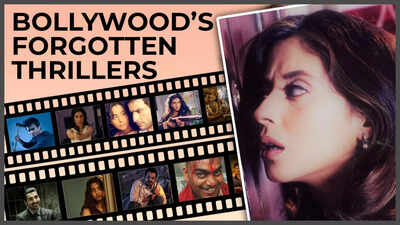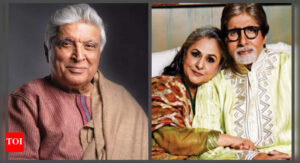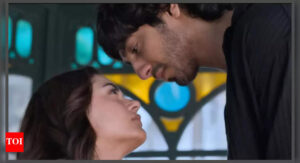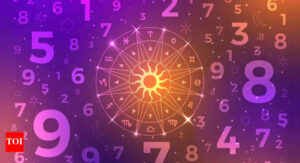How Ram Gopal Varma’s Kaun? starring Urmila Matondkar Became a Cult Psychological Thriller That Changed Bollywood – ETimes Explores |
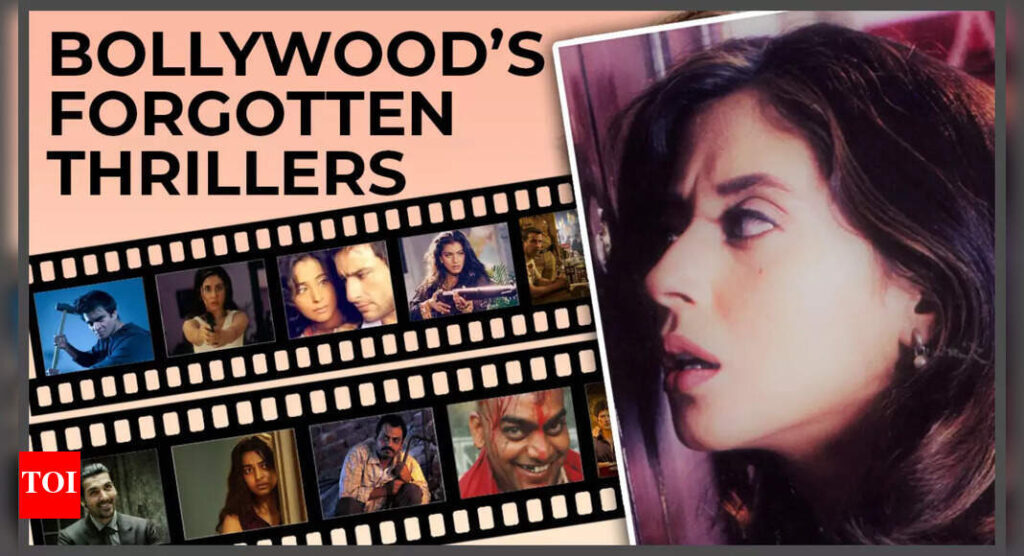
Bollywood is best known for its colorful musicals, larger-than-life heroes, and high-octane drama. But beneath this glittering surface lies a small, remarkable niche — psychological thrillers that probe the human mind, build suspense through silence and subtlety, and often unfold in confined, claustrophobic spaces. These films, though critically praised, have rarely become mainstream blockbusters.Take ‘Kaun?’ (1999), for example. Directed by Ram Gopal Varma and starring Urmila Matondkar and Manoj Bajpayee, it is a masterclass in minimalist suspense — set entirely inside a single house, with no songs, and just three characters. The film’s taut narrative and eerie tension earned it cult status, yet such gems remain exceptions rather than the rule in Bollywood.Reflecting on what drew her to the role, Urmila Matondkar shared, “I think as an actor, I have always looked for challenges—bigger and greater than the ones I’ve faced previously. So, having had a huge hit with Rangeela and carrying the image of a glamour star, I was definitely looking to explore different avenues and try something new. And I think nothing challenges an actor more than a psychological thriller… Everything is literally in the actor’s head—you’re trying to bring that alive for the audience.”She added, “The beauty of ‘Kaun?’, which is also one of its biggest challenges that people often don’t realize, is that I’m alone in the house. There are no lines, no dialogues to show what she’s thinking or feeling. It all had to be conveyed through body language, expressions, and the overall energy—just by myself… It was both terrifying and incredibly exciting as an actor. That’s what drew me in.”
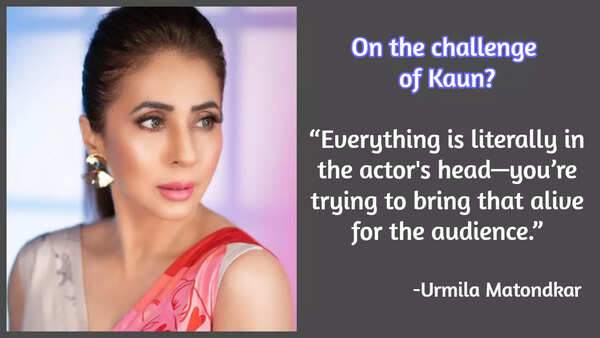
So why has Bollywood struggled to embrace psychological thrillers fully? And is the tide finally turning, thanks to the OTT revolution? ‘ETimes’ explores the journey of Bollywood’s underrated psychological thrillers, their challenges, and their promising future.A Timeline of Bollywood’s Psychological ThrillersPsychological thrillers in Bollywood have often come in waves, typically led by visionary directors willing to experiment.Raat (1992): One of Bollywood’s earliest blends of horror and psychological suspense, ‘Raat was directed by Ram Gopal Varma and starred Revathi. It remains notable for its eerie atmosphere and complex storytelling.
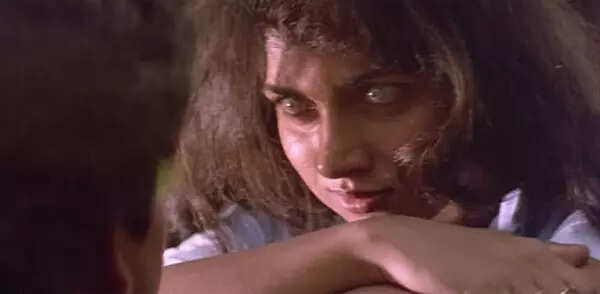
Kaun? (1999): A defining psychological thriller made on a modest budget, Kaun? was written by Anurag Kashyap and directed by RGV. With only three characters and no songs or outdoor scenes, it subverted every Bollywood norm. The plot, which begins as a home-invasion scenario, gradually reveals that the supposed victim is, in fact, the true threat. Kashyap explained, “We wanted to create a sense of paranoia not just for the character, but for the audience too. The film had to work purely on atmosphere and suspicion.”Subtle clues — a dead cat, dream sequences, and news of a killer on the loose — only gain meaning after the twist is revealed. The eerie score by Sandeep Chowta and tight 94-minute runtime further amplify the tension. Though underappreciated at the time due to lack of songs and its unconventional form, ‘Kaun?’ is now regarded as a cult classic that anticipated the minimalism seen in modern digital thrillers.
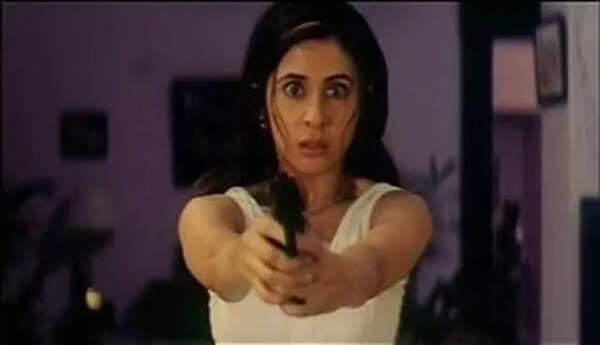
As Matondkar explained, “In Stephen King‘s books, there’s often an entire chapter dedicated to describing what a character is going through. Here, I had just one shot. How much more challenging can it get?”She also noted, “So today, I feel the audiences have seen many more movies and genres like this. And that’s why they feel a little more comfortable with this kind of format. And they’re ready to explore more. And therefore, it’s really beautiful and fabulous to see how much of Gen Z also knows about Kaun?, and they have seen it, and they really are shocked if somebody hasn’t seen it—who really likes good movies and, you know, things like that.”

Ek Hasina Thi (2004): Directed by Sriram Raghavan and starring Urmila Matondkar and Saif Ali Khan, this film explored revenge and psychological manipulation with a gritty, noir-inspired tone.
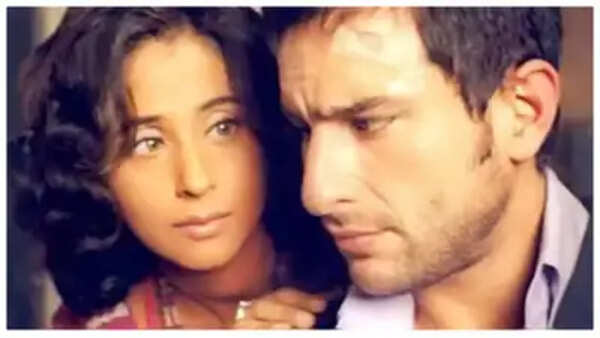
No Smoking (2007): Anurag Kashyap’s allegorical thriller starred John Abraham and boldly mixed surrealism with dark themes of addiction and control.

13B: Fear Has a New Address (2009): This horror-thriller starring R Madhavan combined supernatural elements with psychological tension, marking a crossover between genres.Table No. 21 (2013): Directed by Aditya Datt, this film used the structure of a game to explore guilt and morality, blending thriller elements with social commentary.

Phobia (2016): Starring Radhika Apte and directed by Pawan Kripalani, Phobia focused on agoraphobia and trauma, delivering a tightly wound psychological narrative.Andhadhun (2018): Perhaps the most commercially successful and critically acclaimed recent example, Sriram Raghavan’s Andhadhun starred Ayushmann Khurrana and Tabu in a black comedy thriller that delighted audiences with its unpredictability.
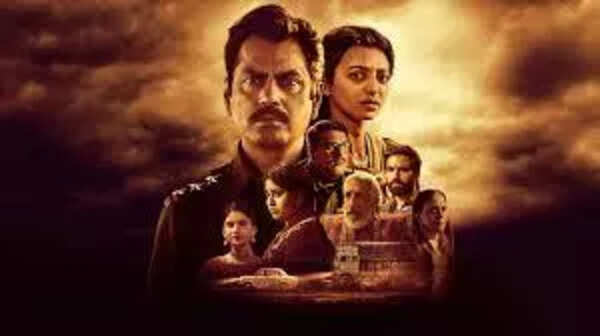
Raat Akeli Hai (2020): Directed by Honey Trehan, this crime thriller starring Nawazuddin Siddiqui and Radhika Apte layered mystery with psychological complexity, gaining praise on OTT platforms.Why Bollywood Has Shied AwayBollywood’s traditional storytelling thrives on spectacle: vibrant songs, melodrama, and clear-cut heroes and villains. Psychological thrillers, on the other hand, depend on silence, ambiguity, and nuance — elements that can feel alien to the typical Bollywood formula.Urmila Matondkar noted, “I definitely feel the reason this genre hasn’t traditionally done well in India is because… movies like ‘Kohraa’, ‘Woh Kaun Thi?’, ‘Bees Saal Baad’—even though they had thriller elements—still leaned heavily on songs, misty visuals, dark bungalows… I think filmmakers were a little wary of pushing boundaries further and diving into a clean-cut psychological horror or thriller format.”
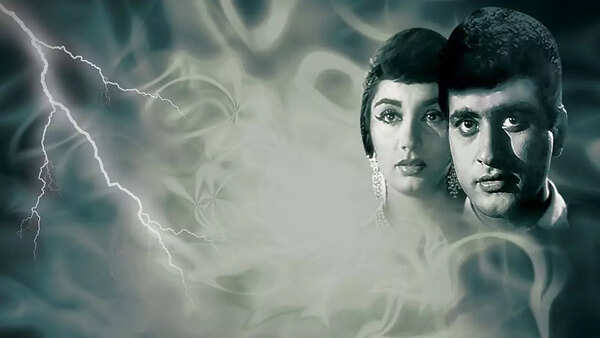
She continued, “That’s also partly why ‘Kaun?’ didn’t do well when it first released. People just weren’t ready for a film like that… It was almost too intimate, too intense for audiences at the time.”This hesitancy extends to the market as well. Bollywood stars often avoid such films due to their risky narratives and lack of glamorous ‘hero’ arcs. However, actors like Urmila Matondkar, Radhika Apte, Nawazuddin Siddiqui, and Ayushmann Khurrana have bucked this trend, bringing critical acclaim to their performances in this genre.The OTT Renaissance: A New Home for Mind-BendersThe rise of OTT platforms like Netflix, Amazon Prime Video, and Disney+ Hotstar has sparked a new interest in psychological thrillers. These platforms offer creative freedom to filmmakers, unbound by traditional box office pressures and censorship constraints.Shows like Paatal Lok and films like Freddy and Raat Akeli Hai demonstrate the trend of intelligent thrillers, providing fresh and daring narratives that delve deep into the psyche.
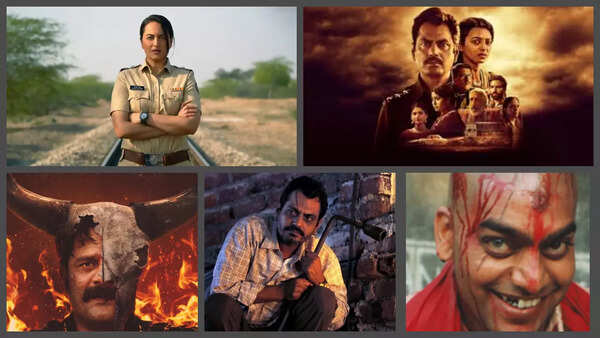
Still, not all episodic thrillers have delivered consistently. Several 2023 shows like Kohrra, Guns & Gulaabs, Dahaad, and even Manoj Bajpayee’s Killer Soup were praised for their potential but criticized for sagging narratives and overlong formats. In contrast, compact thrillers like Kaun? remind us of the power of brevity and tight storytelling — especially when suspense is the core engine.Matondkar remarked, “Over the years, the rise of OTT platforms and the variety of genres they offer… have really opened people’s minds in ways that weren’t possible back when Kaun? hit theaters.”She recalled, “In fact, I remember it being the biggest risk of my career… One of my producers or directors even told me, ‘Thank God it didn’t do well,’ because I played someone who’s almost a psychopath… I was completely amused by that comment.”“But yes, filmmakers’ mindsets have changed, and so have audiences’. Thank God for that,” she concluded. “Whenever any kind of work is appreciated—no matter when it happens—an actor truly looks forward to that and enjoys it deeply.”The Psychological Pull of ThrillersPsychologists point to the unique engagement psychological thrillers provoke in viewers. Ambiguity and silence create a space where viewers’ imagination takes over, making the experience intensely personal and unsettling — a quality that Bollywood is only beginning to explore more consistently.Conclusion: The Dawn of a New Era?The appetite for psychological thrillers in India is growing, buoyed by sophisticated audiences and the expansive reach of digital platforms. While Bollywood has only sporadically embraced the genre, the future looks promising.If Kaun? was the spark, today’s psychological thrillers could be the flame lighting the way for Bollywood’s darker, more thrilling stories to take center stage.
